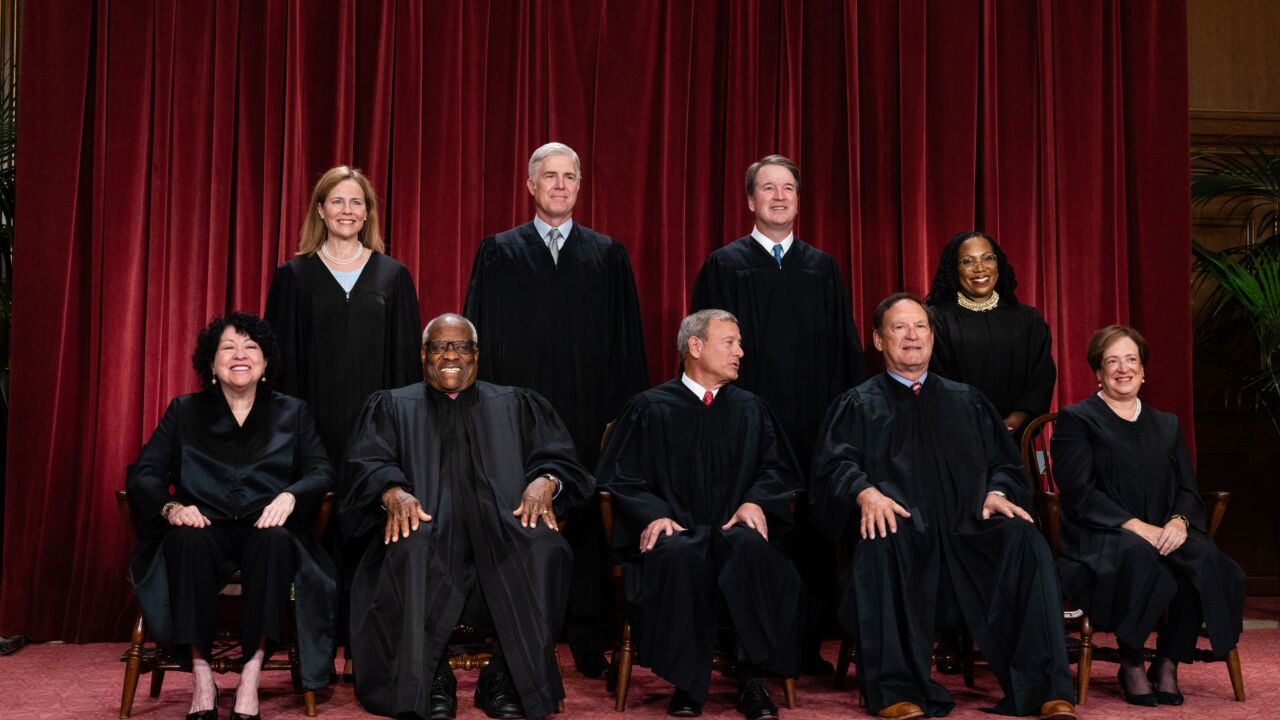Citigroup Inc.'s new Facebook application moves the ball forward for banks that want to combine social media with banking activity, but it also raises concerns about privacy and security of consumer data.
Launched Jan. 3, the app enables friends to interact online to pool Citi's ThankYou reward points either for individual goals, such as travel or retail goods, or for group-oriented goals such as donations to charity. But the app may raise issues with customers, including Citi cardholders, who are sensitive about privacy and about being spammed, experts say.
In an age during which sophisticated phishing scams increasingly depend on information acquired from what is publicly posted on social networks, analysts express concern over how much account data consumers could share, how Citi will identify others who use its cards, and what kind of access the bank will have to users' Facebook accounts.
Citi, however, insists that its point-sharing app is exactly what its customers want.
The app, called ThankYou Point Sharing, "is a response to our customers who are going more digital and are more focused on sharing and communities," says Ralph Andretta, head of cobrands and loyalty for Citi Cards.
Citi says the program, which consumers must opt in to use, combines ThankYou rewards programs from across multiple Citi accounts.
But programs that link bank-account information to social media immediately raise privacy concerns, analysts say. If users make rewards-point balances public through the app, then it may be possible to determine something of their spending habits, for example.
Similarly, for the program to be useful, Facebook users would have to identify other ThankYou points of customers in their friend networks. Citi has one of the largest credit card portfolios in the world, with nearly 22 million credit card accounts in North America that generated about $73 billion in receivables, according to a third-quarter financial supplement from Citi.
Citi does not identify other customers in the ThankYou network, Andretta says. Instead, it leaves such identification strictly up to consumers.
"You and I can be Facebook friends, but I would have no clue if you had a Citibank card or not," says Ron Shevlin, a senior analyst at the Aite Group LLC.
Still, it is likely that Facebook users will feel encouraged to publicly identify which of their peers have Citibank accounts, experts say.
Although use of the application is strictly on an opt-in basis, customers agree to let Citi access their Facebook accounts, even when the customer is not logged in, says Nicole Sturgill, research director for retail banking and cards at TowerGroup.
The information the application accesses is comparable to the information other Facebook apps require, Citi says. It uses the customer information to ensure the app runs properly. It does not share the information with Facebook, Citi says.
But "if you are someone who says you don't want apps to be doing this, [Citi's app] loses its appeal," Sturgill says.
Citi's Facebook program is not entirely novel, either in that aspects resemble JPMorgan Chase & Co.'s Community giving program, also launched on Facebook, Sturgill says. Chase's app does not gather information about individuals' spending and rewards. It lets customers vote on their favorite charities, and the bank gives funding to the top-voted charities.
Citi says it has thought through the other privacy concerns.
For example, while the person who starts the points-pooling group knows how many points other members of the group have contributed, that person never sees the transactions that generated the points. Further, the application will display the points only in aggregate on a Facebook wall. This prevents observers from figuring out the spending habits of individual participants.
The point-sharing program is beneficial for brand advocacy and spurring use of Citi's cards, experts say.
Though nearly 1 billion consumers use Facebook, use of the social network skews younger, primarily among those ages 18 to 35, Shevlin says.
By reaching out to younger consumers, Citi is seasoning them as they begin to earn more and spend more, he says.
The app also may increase Citi's general customer base, says Patricia Sahm, managing director of Auriemma Consulting, of New York. Consumers involved in each other's social networks may be intrigued enough by the campaign to sign up for Citi products that will earn them points.
On average, it costs between $100 and $150 to acquire new customers, says Scott Strumello, a consultant for Auriemma. Citi's app, by contrast, is a low-cost acquisition tool, he says.
As a promotion for the program, Citi is giving away 10 million points, in 2,500-point increments, to the first 4,000 customers who sign up, Andretta says.
What do you think about this? Send us your feedback.





